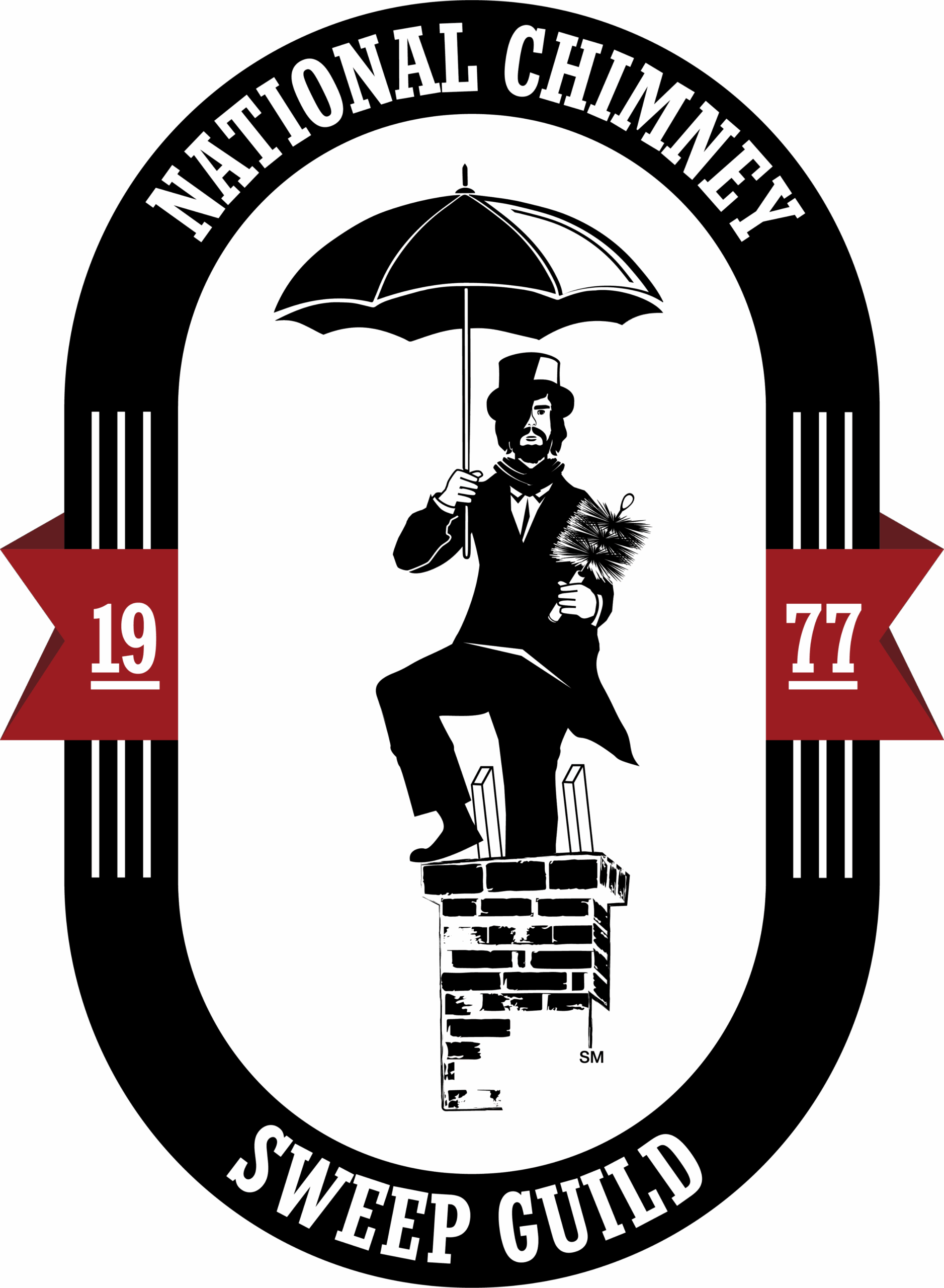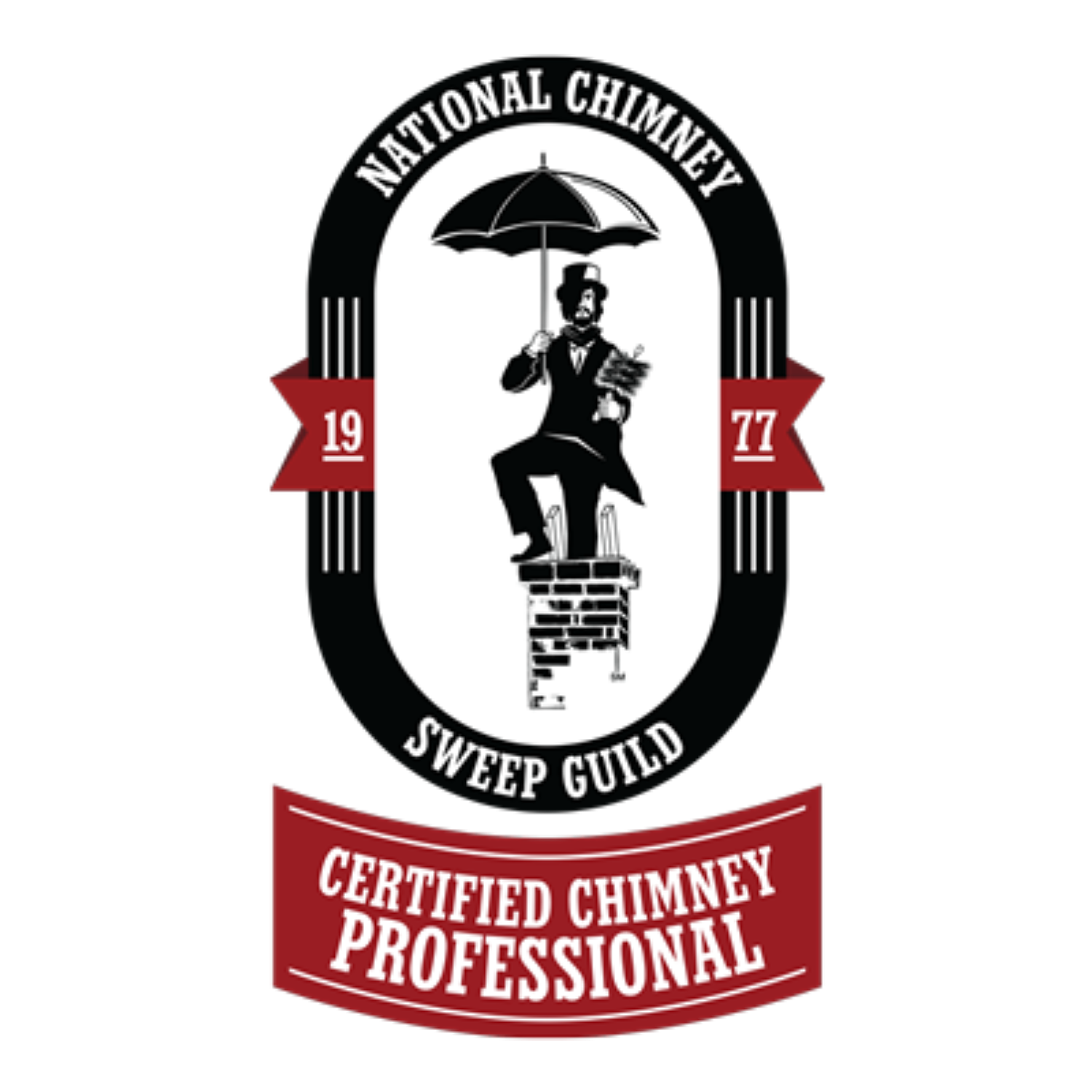Fireplace Cleaning Houston
Master Services (713) 723-4854 with over 16 years in experience is the place to call to schedule your next fireplace cleaning Houston.
How long has it been since you’ve had a fireplace cleaning Houston? Has it been so long that you can’t remember? Did you just move into a new home, and you aren’t sure if your fireplace has ever been cleaned? If so, you should definitely call Masters Services right away to schedule your fireplace cleaning Houston. The whole procedure doesn’t take very long, and it could end up saving you and your family’s lives.
Sound a bit drastic? Chimney maintenance should not be taken lightly. If you neglect to have regular fireplace cleaning Houston done, the chances of a chimney fire occurring in your home increases drastically. A proper chimney sweep will eliminate soot that has built up in the chimney liner, firebox, smoke chamber, and damper. Soot is highly flammable and if it isn’t removed it could potentially lead to a chimney fire. Soot buildup can also simply deter the fireplace and chimney from operating properly. Some people are surprised to learn that a mere 1/8” of soot buildup can cause the chimney to not function properly, and it can also fuel a chimney fire.
So how often should you get a fireplace cleaning Houston? As a general rule, you should have a fireplace cleaning Houston done for every quart of wood you burn. So it does pretty much depend on how often you use your fireplace. An easy way to figure out if you need a fireplace cleaning Houston or not is to go ahead and get annual chimney inspections. This way, you can make sure that your chimney is functioning properly, and clean it at the same time if need be. Some people think that if they don’t ever use their chimney they don’t really ever have to get it cleaned. This, however, is not the case. If you don’t ever use your chimney, an animal might decide to. Chimneys are structurally similar to hollowed out trees, a favorite nesting spot for many critters. Thus, chimneys have become a popular spot for animals such as raccoons, birds, and squirrels. It is important to be aware if an animal is living in your chimney. If you go to light a fire and an animal is dwelling in your chimney, the debris from the animal’s nest could potentially ignite a chimney fire. Also, if there’s a family of animals living in the chimney, you may “smoke out” the mother, but the babies will sometimes not be able to escape. Sometimes the baby animals end up getting killed, and then you have a whole different problem on your hands: getting someone to come out for dead animal removal. No one wants to have to deal with that!










